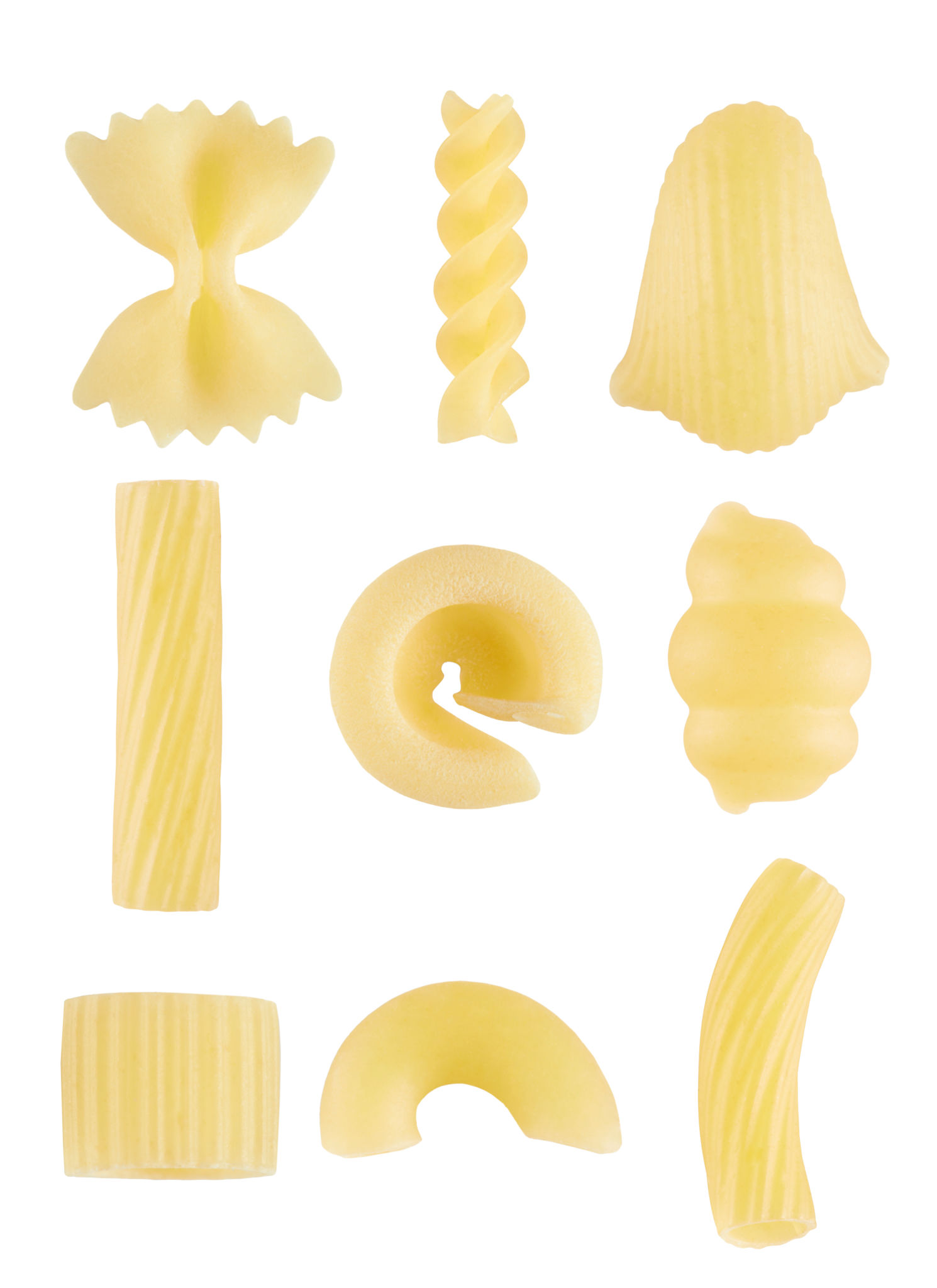Common Mistakes to Avoid When Making Pasta at Home
Choosing the Right Pasta
One of the first mistakes many people make when cooking pasta is not selecting the right type for their dish. With countless varieties available, it's important to match your pasta choice with the sauce and ingredients you plan to use. For instance, thicker sauces pair well with hearty pasta shapes like rigatoni or penne, while lighter sauces complement delicate strands such as spaghetti or linguine.

Using a Small Pot
Another common mistake is using a pot that's too small. When pasta cooks, it requires plenty of room to move freely, which prevents it from sticking together. Use at least four to six quarts of water per pound of pasta to ensure it cooks evenly. A larger pot also helps maintain a consistent water temperature, crucial for achieving perfect al dente texture.
Adding Oil to Water
Many home cooks believe that adding oil to the boiling water will prevent pasta from sticking. However, this practice can cause more harm than good. The oil can coat the pasta, making it difficult for sauce to adhere properly. Instead, stir the pasta occasionally while it cooks to keep it from clumping.

Overcooking the Pasta
Overcooking is a frequent blunder when making pasta. It's essential to aim for al dente, which means "to the tooth" in Italian, indicating the pasta should have a slight bite. Follow the package instructions but start checking the pasta a minute or two before the recommended time. Remember, pasta will continue to cook slightly after being drained.
Not Salting the Water
Under-seasoned pasta is a common issue that can easily be avoided by properly salting your cooking water. The salt enhances the flavor of the pasta itself, providing a better base for your sauce. A good rule of thumb is to use about one tablespoon of salt per gallon of water.

Rinsing After Cooking
Rinsing cooked pasta is another mistake that can impact your dish's flavor and texture. By rinsing, you wash away the surface starches that help sauces cling to the noodles. If you're serving the pasta hot, there's no need to rinse it. However, if you're making a cold dish like pasta salad, a quick rinse can stop the cooking process and cool the noodles down.
Ignoring Pasta Water
Pasta water is often discarded down the drain, but it can be a valuable ingredient for finishing a dish. The starchy water helps thicken and bind your sauce to the pasta, creating a harmonious blend. Before draining your pasta, reserve a cup or so of the cooking water to add back into your dish as needed.

Poor Timing with Sauce
Timing is crucial when combining pasta with sauce. Many people make the mistake of letting cooked pasta sit while preparing the sauce, which can lead to gummy noodles. To avoid this, have your sauce ready before the pasta finishes cooking or use that reserved pasta water to keep things fluid as you mix them together.
By avoiding these common mistakes, you can elevate your homemade pasta dishes and enjoy them just like an Italian chef would. Remember, practice makes perfect, and each meal is an opportunity to refine your skills in the kitchen.